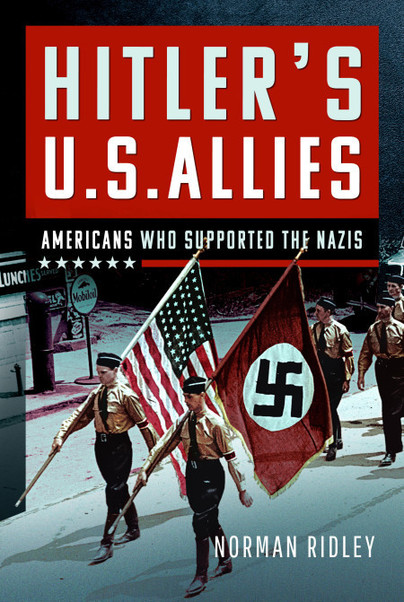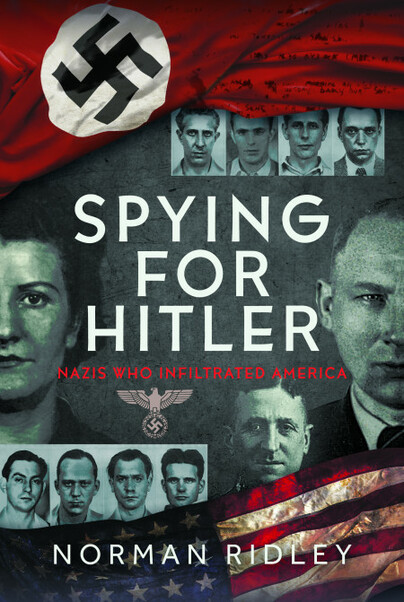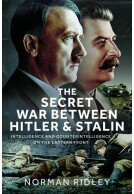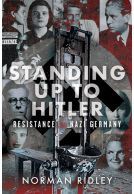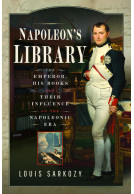Hitler's U.S. Allies (Hardback)
Americans Who Supported the Nazis
(click here for international delivery rates)
Need a currency converter? Check XE.com for live rates
| Other formats available - Buy the Hardback and get the eBook for £1.99! | Price |
|---|---|
| Hitler's U.S. Allies eBook (3.8 MB) Add to Basket | £6.99 |
In many countries around the world, the end of the First World War, far from leading to a new world order of stability, ushered in an era of uncertainty and economic decline. To solve the problems of unemployment, high inflation, low wages and poor working conditions, many turned to the political right for a solution – to leaders such as Mussolini and Hitler. But it was not only in countries such as Italy and Germany that people saw fascism as an alternative to democracy.
It is sometimes said fascism in America first manifested itself as a reaction by a native-born population to the surge in the numbers of European immigrants in 1830. It went on to find a voice at least another four times up to the outbreak of the Second World War, most obviously in the formation of the German American Bund.
American politicians and commentators have traditionally avoided applying the label of ‘fascist’ to any movement, preferring instead to describe extreme right-wing groups as ‘nativist’, money-making rackets exploiting gullible followers, or simply the ‘lunatic fringe’. For many years this denied them the opportunity to examine the possibility that American fascist ideologies or social structures were rooted in patterns of the American past, as opposed to being a foreign import.
The Ku Klux Klan has been described as the world’s first fascist organisation and this book looks at the arguments for and against that assertion. It also examines how the philosophy behind that movement remained as a potent undercurrent in American politics up to the start of the Second World War. There is also an examination of how American racial policies were used by the Nazis when drawing up their own.
Whilst argument persists over whether movements such as the Silver Shirts and the Friends of New Germany were truly fascist, it is undoubtedly the case that personalities behind them, individuals such as William Dudley Pelley and Father Charles Coughlin, exhibited all the classic characteristics of fascism. And they were by no means unpopular. A proponent of many of Hitler’s policies, during the 1930s, when the US population was about 120 million, an estimated 30 million listeners, for example, tuned in to Coughlin’s weekly radio programme.
This book compares the ways that both the United States and fascist regimes, especially that in Germany, tackled the immense social and economic problems resulting from the Great Depression. It also explores the way that European fascist regimes, especially that in Nazi Germany, tried to influence the American political process both legally and illegally and analyses the level of success they achieved in both.
There are no reviews for this book. Register or Login now and you can be the first to post a review!
About Norman Ridley
NORMAN RIDLEY is an Open University Honours Graduate who writes about the less well covered aspects of 20th Century history. He lives in the Channel Islands.
Spying for Hitler Nazis Who Infiltrated America (Hardback)
When Hitler was striving for recognition and relevance in the political turmoil of the early Weimar years in Germany he gave little thought to the world on the other side of the Atlantic other than to nurture a constant nagging resentment over President Wilson’s role in the post-war evisceration of Germany at Versailles in 1919. It was the United States, however, that had bankrolled the German economy to substantially boost industrial production and employment in the 1920s and the evidence of American wealth and economic power was hard to ignore. Even when the Nazis took over in Germany after…
By Norman RidleyClick here to buy both titles for £45.00







